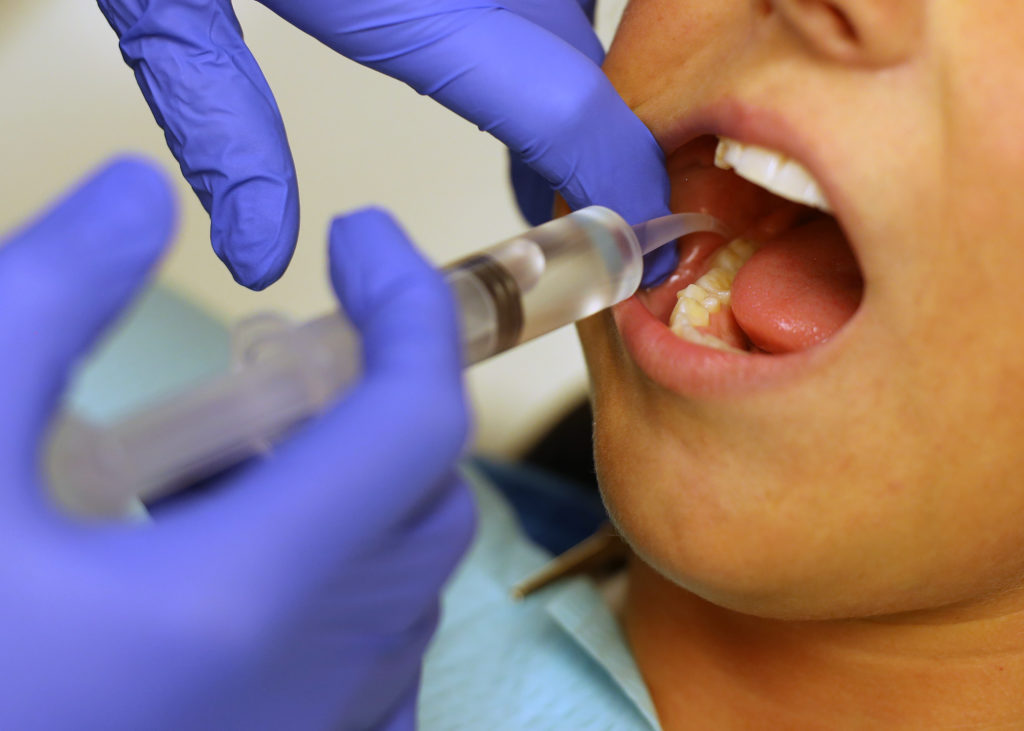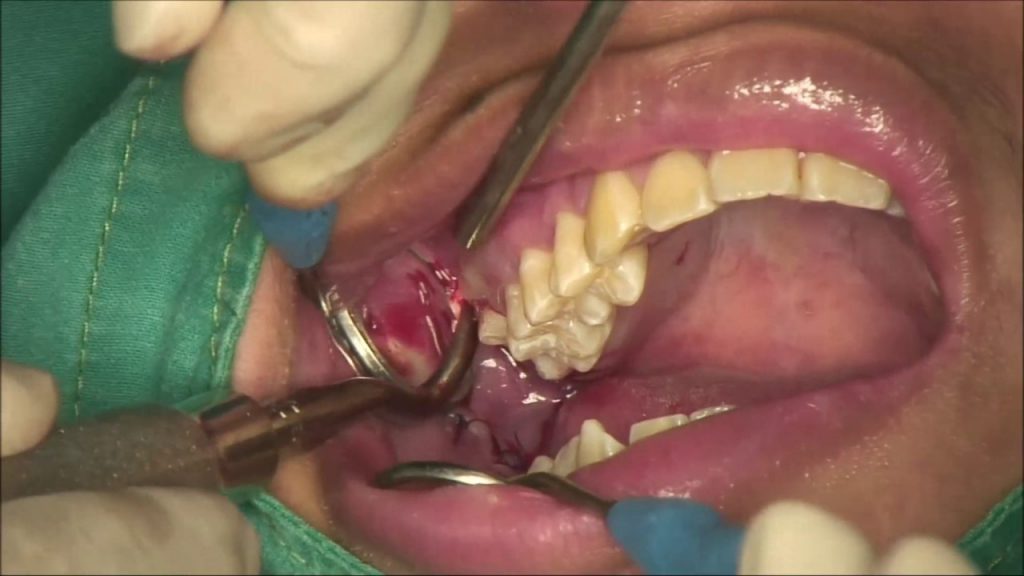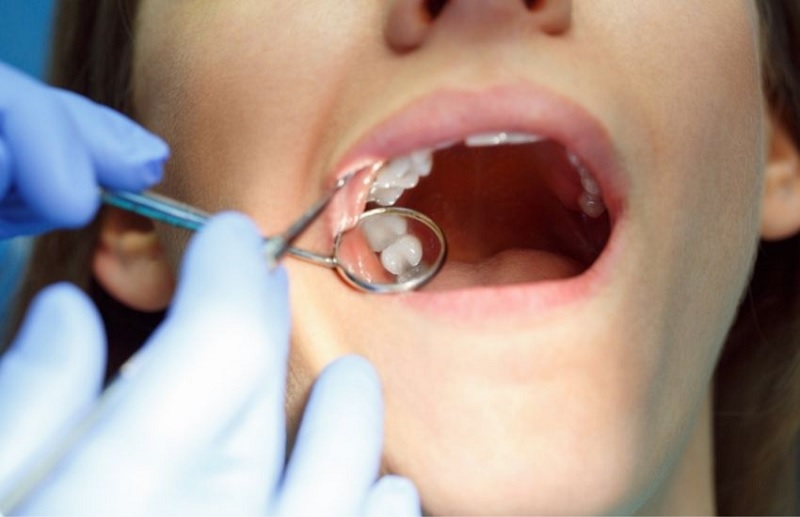Healthbeauty123.com – The removal of your wisdom teeth can involve cutting the gum tissue above the tooth and removing the bone covering it. You will likely have stitches to close the incision, but these will usually dissolve after a few days. A cotton gauze pad is often placed in the mouth to stop the bleeding. After the surgery, your surgeon will remove the stitches. You can return to your normal daily routine in a couple of days. The procedure is usually painless, and can be performed on an outpatient basis or as part of a scheduled office visit.
Surgical Procedure Requires Local Anesthesia
Depending on the extent of the problem, a surgeon can remove all four wisdom teeth at once or extract just a few. The surgical procedure requires a local anesthetic, but general anesthesia is generally safer for patients. You will be unconscious throughout the procedure, but will awaken with only a tingling sensation in your mouth. General anesthesia can leave you drowsy for several hours, so you should have a driver to take you home afterwards.
Some patients have experienced dental nerve injury after wisdom tooth extraction. The rate of nerve injury varies from 1% to 5%, depending on several factors, including the location of the tooth, the skill level of the surgeon, and the age of the patient. While this rare complication is relatively minor, it may negatively affect your ability to chew or smile, but it should not keep you from a full recovery. You should contact your surgeon immediately if you experience any of these complications.

Once the procedure has been completed, you may be required to use gauze to cover the incision site. A doctor will likely make you drink a lot of warm water afterward, and a few days afterward, you can begin to eat soft foods. You can gradually add solid foods as your healing process progresses. To ensure the best recovery from your surgery, avoid spicy, acidic, or small and hard foods while you’re healing.
Length of Wisdom Tooth Surgery
Wisdom Teeth surgery can last between ten minutes to an hour, and you will likely be able to go home the same day. If you’re having all four wisdom teeth extracted, you’ll undergo an extraction of both upper and lower molars. Depending on your specific needs, you may have to undergo a second procedure if you have more than one. The recovery process from the surgery will last about two to three weeks, depending on how many teeth you have to remove.
There are many complications associated with impacted wisdom teeth. If the wisdom teeth are impacted, there’s a higher risk of infection or decay. These cysts can damage adjacent teeth and the surrounding bone and nerves. If they’re left untreated, they can develop into tumors, requiring surgery to remove them. In addition, impacted wisdom teeth can also cause pain in the face, throat, and neck. If you are experiencing pain from your wisdom teeth, you should schedule a consultation with a dentist.

The younger you are, the less risk you have of postoperative complications. However, if your wisdom teeth are impacted and causing you pain, it may be in your best interest to have them removed as quickly as possible. Moreover, the procedure will allow you to avoid the risks associated with infection. If you’re a child or a teenager, you should consider having your wisdom teeth removed as soon as possible. Your dentist can help you decide if wisdom teeth removal is right for you.
Treatment to Minimize Discomfort After Wisdom Teeth Surgery
After wisdom teeth surgery, you’ll gradually regain feeling in your mouth. Some pain, swelling, and blood are common after oral surgery. You can minimize this discomfort by placing an ice pack on your face. Pain medicines and over-the-counter pain relievers may be prescribed afterward. Once you’re feeling comfortable enough to drive, you’ll be sent home. You’ll need someone to drive you home. A general anesthesia may prevent you from driving for a long period of time.

If you’ve decided to have your wisdom teeth removed, it’s recommended that you get the procedure done when you’re in your mid-teens. Younger patients typically recover more quickly and have less pain from the procedure. However, younger patients may be the best candidates for wisdom teeth surgery because they’re underdeveloped and are easier to remove than older ones. You can still undergo wisdom teeth surgery if you’re suffering from pain or any other problems.
Reference:






